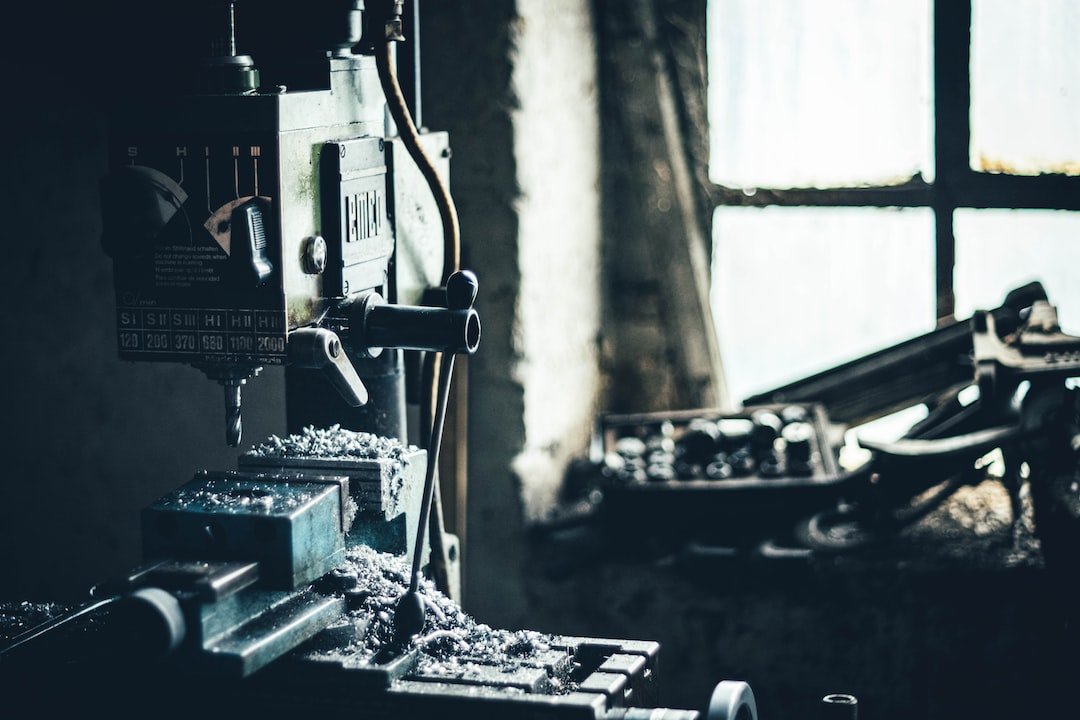Exploring the Benefits of Just-in-Time Manufacturing
Just-in-Time (JIT) manufacturing is a popular production strategy that aims to minimize inventory and increase efficiency. This method of manufacturing has gained popularity in recent years due to its various benefits for businesses. In this blog post, we will explore some of the key advantages of implementing JIT manufacturing.
First and foremost, JIT manufacturing allows businesses to reduce their inventory. Traditionally, manufacturers tend to stockpile large quantities of raw materials and finished goods to ensure uninterrupted production. However, this results in increased storage costs and inventory obsolescence. With JIT manufacturing, raw materials and components are delivered exactly when they are needed, eliminating the need for excess inventory. This not only saves storage costs but also reduce the risk of inventory becoming obsolete.
By reducing inventory and focusing on demand-driven production, JIT manufacturing enables businesses to respond quickly to market changes. Traditional manufacturing methods often lead to long production lead times, making it difficult for manufacturers to quickly adapt to changes in customer demands. With JIT manufacturing, businesses can adjust their production schedules more easily and produce only what is needed at any given time. This flexibility allows businesses to meet customer demands more efficiently, enhancing customer satisfaction and increasing their competitive advantage.
Another major advantage of JIT manufacturing is improved production quality. By having smaller work-in-progress inventories, manufacturers can easily identify and rectify any production defects or issues as they arise. In traditional manufacturing, defects or issues may go unnoticed for longer periods of time, leading to larger quantities of defective products. This can result in increased rework costs and customer dissatisfaction. JIT manufacturing, on the other hand, allows manufacturers to identify and address these issues promptly, leading to better product quality and reduced costs.
JIT manufacturing also promotes a leaner and more efficient production process. By reducing waste and eliminating non-value-added activities, JIT manufacturing streamlines the production flow. This leads to a more efficient use of resources, reduced production bottlenecks, and ultimately, lower production costs. By focusing on the elimination of waste, JIT manufacturing encourages manufacturers to continuously improve their processes and increase their overall productivity.
Moreover, JIT manufacturing can lead to significant cost savings for businesses. With reduced inventory levels, businesses no longer have to tie up capital in excess stock. This freed-up capital can be invested in other areas of the business, such as research and development or marketing, promoting further growth and innovation. In addition, the reduction in waste and increased efficiency of JIT manufacturing directly translate into lower production costs. These cost savings can be passed on to customers, making the business more competitive in the marketplace.
Lastly, implementing JIT manufacturing can also have positive environmental implications. By reducing inventory levels, businesses minimize their resource consumption, leading to a lower environmental footprint. Additionally, the focus on waste reduction and process efficiency in JIT manufacturing helps businesses reduce their energy consumption and waste generation. These environmentally-friendly practices not only benefit the planet but also enhance the reputation of the business as a socially responsible organization.
In conclusion, Just-in-Time manufacturing offers numerous benefits for businesses. From reduced inventory and increased flexibility to improved production quality and cost savings, JIT manufacturing can significantly enhance efficiency and competitiveness. By implementing JIT manufacturing techniques, businesses can streamline their production processes, respond quickly to customer demands, and promote sustainability. As the demand for leaner and more efficient manufacturing practices grows, adopting JIT manufacturing may be the key to remaining competitive in today’s dynamic business landscape.

